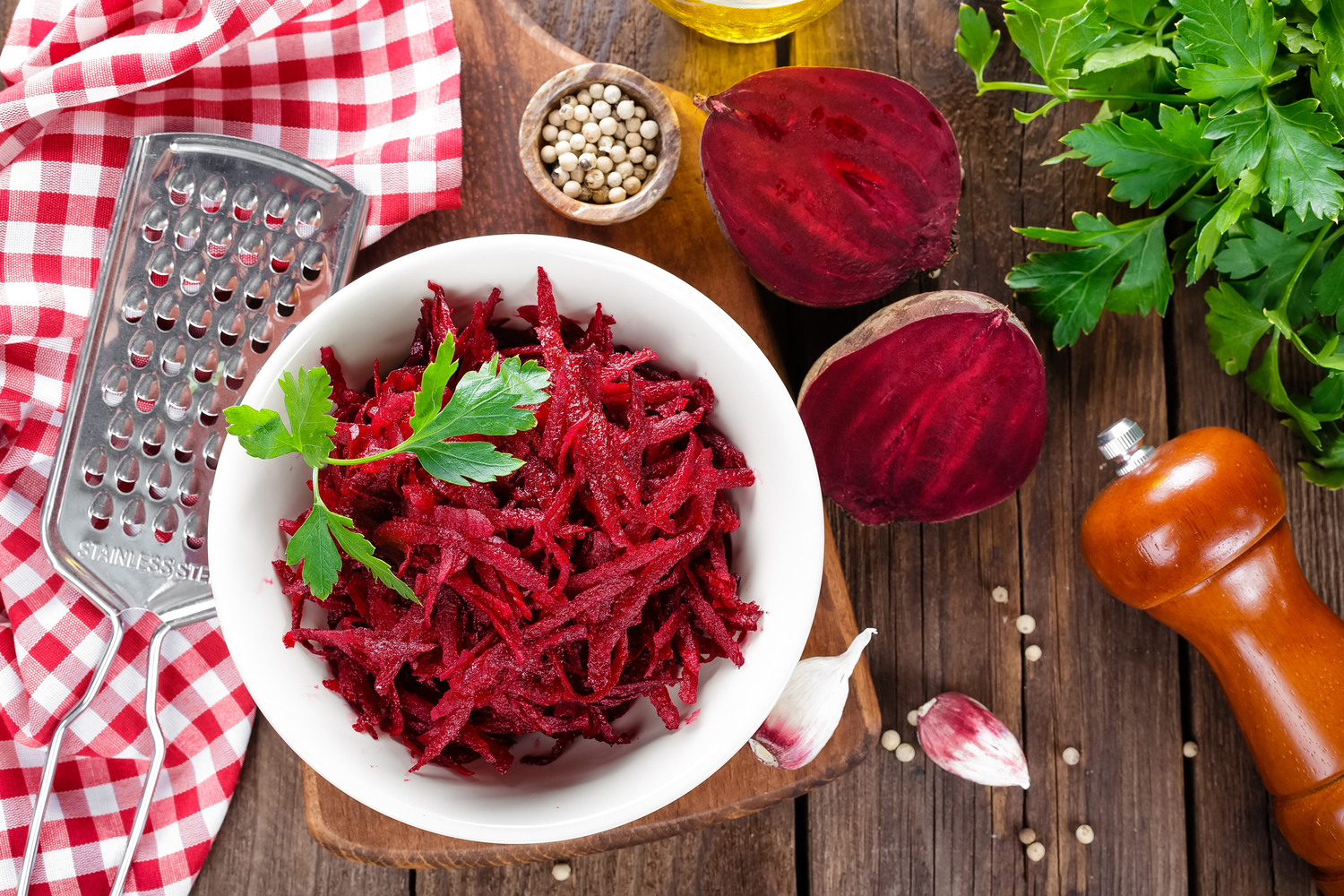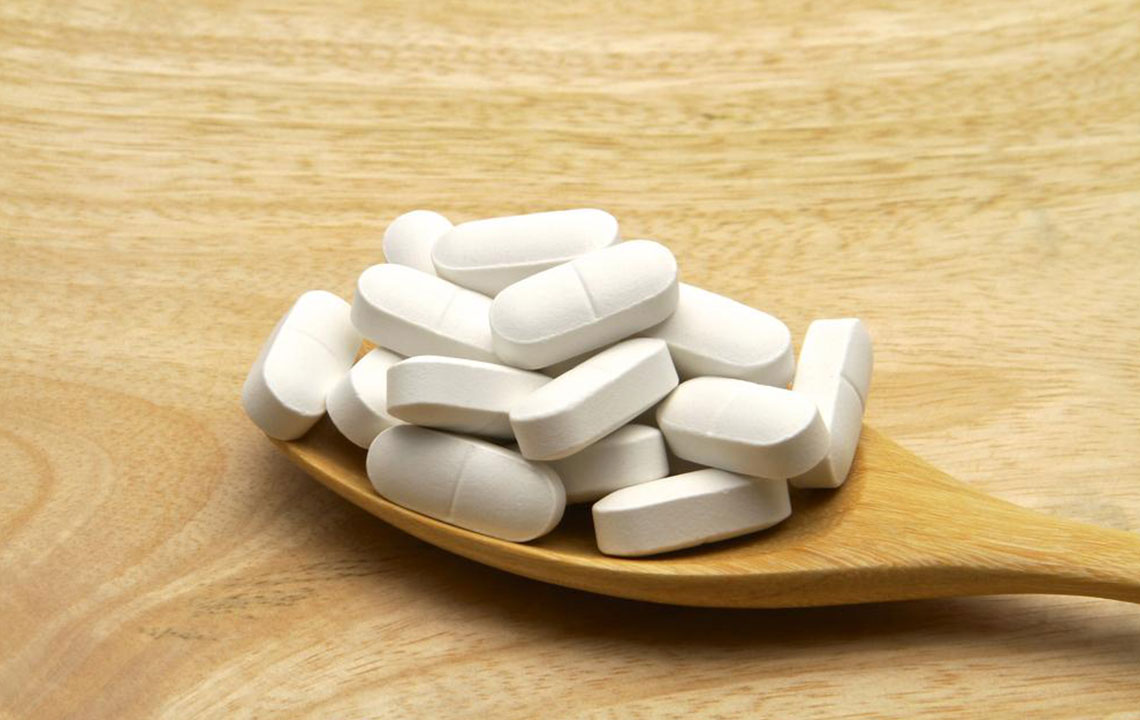Nutritional Strategies to Support Lymphoma Recovery
Discover essential dietary tips for individuals battling lymphoma. Incorporate nutrient-rich foods like lean proteins, whole grains, colorful fruits and vegetables, and healthy fats to support immune health and improve recovery outcomes. Stay hydrated and avoid sugary and fried foods to maximize your treatment benefits. Always consult healthcare providers for personalized nutritional advice to complement your lymphoma treatment plan.

Eating to Support Your Fight Against Lymphoma
Proper nutrition is essential during lymphoma treatment. Lymphoma affects the lymph nodes, which help defend the body against infections. A balanced diet can boost your overall well-being and improve recovery prospects. Several factors influence lymphoma risk, and its causes vary among individuals. Often, the exact cause remains unknown. Enhancing immunity through diet is crucial. Incorporate nutritious foods to help manage symptoms and strengthen your body’s defenses during treatment.
Key dietary components include:
Protein
Protein aids tissue repair and immune support. Choose lean sources like eggs, soy, nuts, beans, and low-fat dairy products such as milk, cheese, and yogurt.
Whole Grains
Whole grains provide fiber and energy. Opt for oatmeal, whole wheat bread, brown rice, and whole grain pasta to sustain energy levels.
Fruits and Vegetables
Rich in antioxidants, they help combat cancer. Aim for at least five servings daily, incorporating a variety of colorful produce.
Healthy Fats
Choose sources like avocados, nuts, seeds, and olive oil. Avoid fried or greasy foods, instead favor grilling, boiling, or baking methods.
Limit sugary snacks and desserts, as they provide little nutritional benefit and can hinder recovery. Additionally, stay well-hydrated by drinking at least 64 ounces of fluids daily, avoiding excessive caffeine to prevent dehydration.
Note: This information aims to support lymphoma patients through diet tips. Always consult with healthcare professionals for personalized guidance. The content is informational and not a substitute for medical advice.










